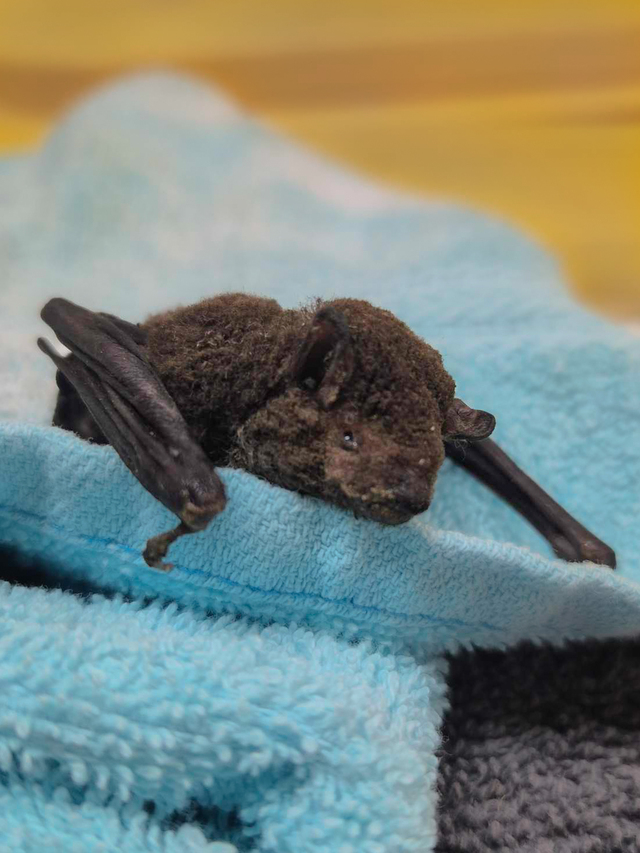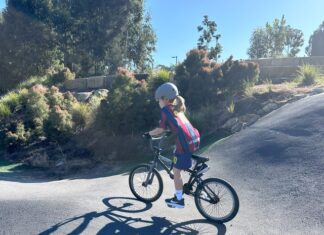The Australia Zoo Wildlife Hospital admitted 47 little bent-wing microbats after their home was purposefully lit on fire, in a deliberate act of wildlife cruelty.
The microbats were rushed to the Wildlife Hospital by a volunteer wildlife group, with severe burns and toxic fume inhalation.
The zoo’s specialised veterinary team discovered that most of the microbats had not made it due to the severity of the burns. The remaining microbats suffered from unrecoverable burns, and were humanely euthanised.
Dr Ludo Valenza, hospital supervisor and veterinarian at the Australia Zoo Wildlife Hospital, expressed her concern upon assessing the harm that was sustained to these innocent patients.
“It is extremely devastating to witness such intentional harm inflicted upon wildlife, these horrific stories constantly shed light on the urgent need for increased awareness and action to combat wildlife crimes,” said Dr Valenza.
Since 2021, Wildlife Warriors, in collaboration with Crime Stoppers Queensland and Australia Zoo, is fighting to end wildlife crime. A reward of $1000 is being offered for information leading to the prosecution of those responsible for such illegal, and terrible acts against native wildlife.
Bindi Irwin, world renowned conservationist said, “We are deeply saddened to hear that these beautiful microbats were intentionally harmed in the wild. It is heartbreaking to see these animals suffer in their home, and we hope that we can bring them justice through our partnership with Crime Stoppers Queensland.
“It is through our partnership with Crime Stoppers Queensland, that we as a community can play a critical role in protecting our wildlife from such terrible acts of harm. Members of the community are able to report any information anonymously on criminal activities against native animals.“ she said.
Sadly, it is not a rare occurrence for the Wildlife Hospital to admit patients harmed by humans.
In the past, they’ve received possums shot with an air rifle, a brush-turkey spray painted in toxic paint, magpies intentionally poisoned, and more. These devastating stories act as a grim reminder of our collective responsibility to protect wildlife and champion for those who can’t speak for themselves.
To report a crime against native wildlife, contact Crime Stoppers Queensland on 1800 333 000, anonymously, and help us enhance the protection of Queensland’s vulnerable wildlife.








